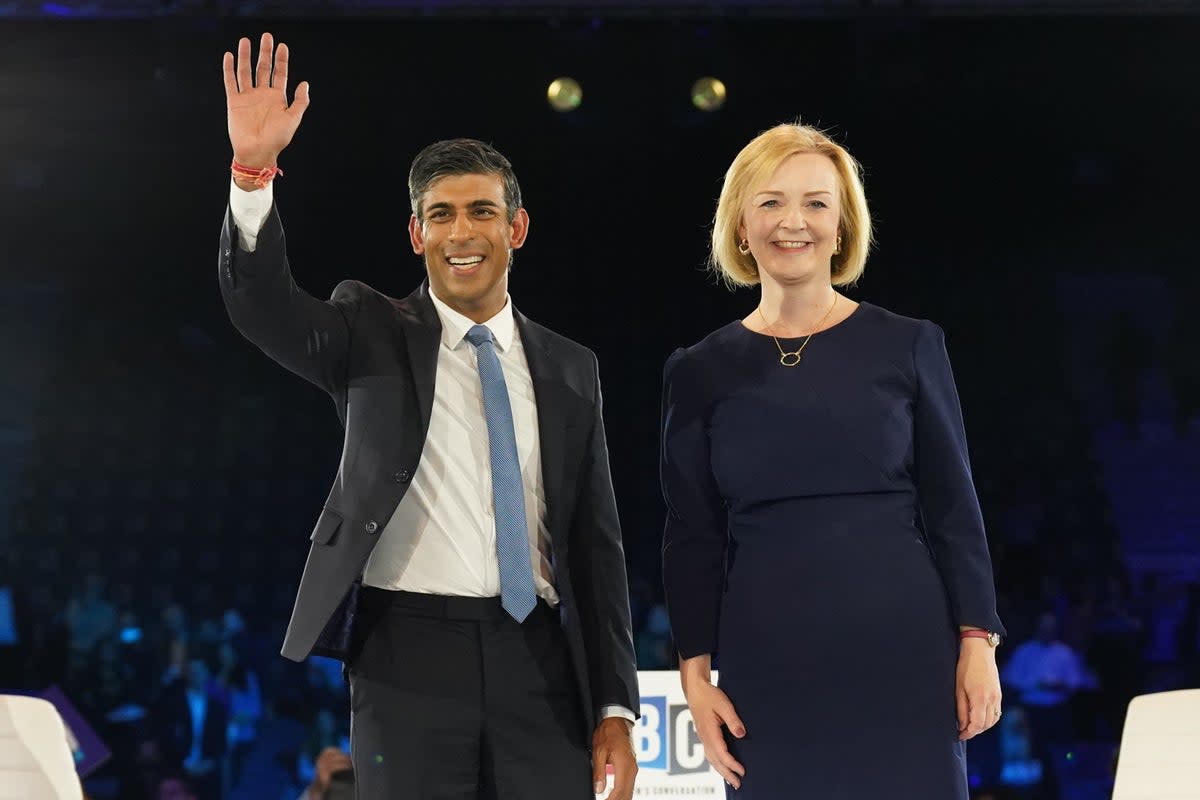OPINION - So long, Conservatives, and thanks for all the Prime Ministers

So long, and thanks for all the prime ministers. What else is there to say by way of farewell to the Conservative Party? In 14 years of government, it has managed to rack up no fewer than five premiers — three of whom served in a single year. Hardly a top-line statistic to be proud of; but there it is.
Barring a last-minute recovery of mind-bending improbability, the Tories will be handed their ticket to oblivion by the electorate on Thursday. Sir Keir Starmer may indeed achieve what the Defence Secretary Grant Shapps (not quite understanding the constitutional meaning of the term) christened a “supermajority”. Yesterday, Rishi Sunak warned the voters not to hand Labour “a blank cheque”, a result from which it would take “decades to recover”. Self-awareness has never been the PM’s strongest suit.
All lengthy administrations are different, but this one has plotted a demented trajectory, starting with high hopes in 2010. As a former editor of The Spectator, I remember the early days of David Cameron’s leadership and the modernisation of the Conservative Party that he and George Osborne enacted.
By the time it went into full coalition with Nick Clegg’s Lib Dems, it was committed to greenery, a more diverse parliamentary party, gay rights, and ring-fenced spending on the NHS and international development. Imperfect the modernisation process may have been; but it wasn’t solely spin.
There will be much talk next week about a ‘return to the centre’ — this will all be deluded
So how did we end up here? The financial crisis of 2008-09 bequeathed an era of fiscal conservatism (and would have done so even if Gordon Brown had prevailed in 2010). The problem was reconciling the new image of “compassionate conservatism” with the reality of harsh spending cuts.
That tension might just have been superable if Europe had not, as always, entered the equation. As Nigel Farage’s UK Independence Party gained ground, Cameron’s Eurosceptic backbenchers subjected him to ever greater pressure to hold a referendum on our membership of the EU. After his victory in the 2015 election, I asked Cameron if he was absolutely sure about this huge gamble — and was given short shrift.
After the vote for Brexit in June 2016, it was downhill all the way. Theresa May was quite unequal to taming the demons that the referendum had unleashed, while Boris Johnson gave a bad name to the office of prime minister. Yes, he could win an election, as he did, convincingly, in 2019. But he was utterly incapable of handling a national crisis like Covid.
In 2022, his mismanagement of partygate and the Chris Pincher groping scandal finished him off — an “ethical crash”, if you like. Liz Truss served only 49 days in Number 10 but still managed to tank the economy. In less than a year, the Tories had squandered what little public trust they still commanded, and recklessly destroyed their reputation for economic competence.
Which is not to say that Sunak did not bring his own disasters to the party. His fixation with Rwanda showed only how dangerous it is to try to outflank the populist Right. He played political games with net zero targets. His faith in Brexit was quite at odds with its real-world consequences: eight years on, the UK is a much-diminished force on the global stage, often a joke to international media. Our steadfast support for Ukraine is the exception that has emphasised the more general pattern of economic and diplomatic decline.
In this campaign, Sunak’s D-Day blunder and tentative handling of the betting scandal has made painfully clear that he was never up to the top job. The return of Farage to stand for Reform UK in Clacton may not deliver the party many seats — but it means that the battle for the Conservative soul after polling day will be dominated by the gravitational pull of the Right.
The exam question the Tories will set themselves will be: what variant of Maga UK shall we choose? Trump-lite or fully leaded? It is an unappetising prospect and very far from what one would have foreseen in 2010.
I guarantee that there will be much speculation in the next week about a possible “return to the centre”. This will be all be deluded. The Tory centre is no more. It has ceased to be.
Some governments end their allotted time with a measure of dignity, but this one is not among them. To what is left of the Conservative Party, once the most successful political force in the free world, we should say on Friday: don’t call us, we’ll call you.
Matthew d’Ancona is an Evening Standard columnist

 Yahoo News
Yahoo News 
